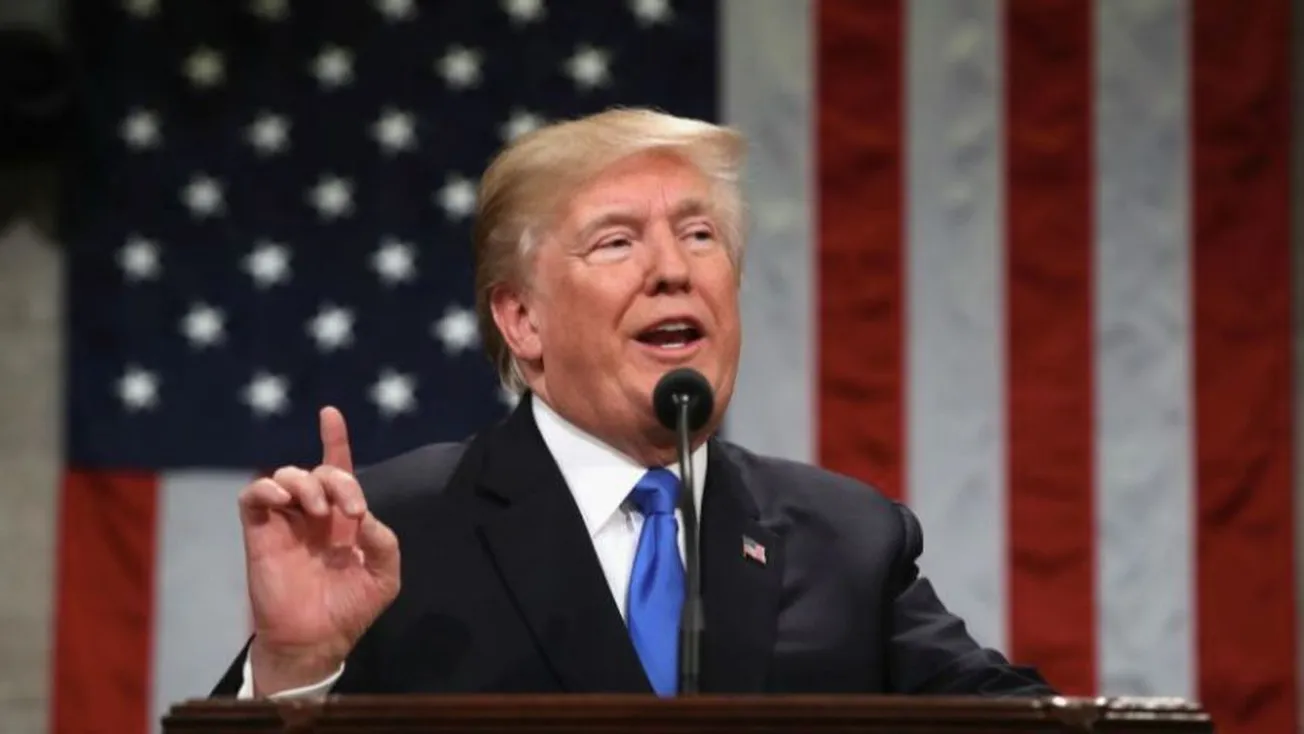Table of Contents
Since virtually the second Donald Trump was elected President, America has resounded with an uninterrupted screech from the left to impeach him. Whether it be for as yet undiscovered — but it’s there, we know it’s there! — collusion with Russia, for Trump’s dismissal of former FBI director James Comey, or for various alleged financial conflicts of interest, a sizable chunk of the public is convinced that Trump has committed an impeachable offense. Perhaps most damningly for the President, the Stanford Daily even weighed in with an excoriating op-ed, declaring that “A consensus has emerged among serious people that Donald Trump’s presidency has become a national emergency.” Some self-loathing Republicans have also joined the call for impeachment. Professor McConnell, of Stanford Law School, remarks that “many people, on both sides, are expressing strong views on impeachment without actually thinking very much about what they mean by that or why would it be justified.” As to whether the current facts justify impeachment, McConnell asserted: “I don’t see it.”
This turbulent debate and extreme demand exhibits the divided state of our, albeit representative, democracy. More importantly, however, it necessitates reflection about the purpose of impeachment powers as they were conceived. The Constitution’s founders included the document’s impeachment provision as an eleventh hour safety mechanism for curtailing a dictatorial executive. Term limits and separation of powers make the president accountable to the people and to his politician peers, but the impeachment clause provides a last-ditch protection against the tyranny of monarchy. However, the articles of impeachment have been used extremely sparingly: only Presidents Andrew Johnson and Bill Clinton have been impeached. Despite this check against despotism that the framers expected to be invoked more than seldom, it appears that impeachment long remained outside the consciousness of the public and the hill. That is, until the watershed election of the ever-contentious President Trump.
On Thursday, a trio of distinguished legal voices will be addressing just this question. In an event entitled “Are There Any Grounds for Impeaching President Trump?”, panelists will discuss whether or not publicly available facts constitute grounds for impeachment. Andrew C. McCarthy and Professor David Sklansky of Stanford Law School will be in conversation, moderated by Professor Michael McConnell of Stanford Law School.
The three aforementioned individuals are veritable giants of their fields. After attending Columbia University and New York Law School, McCarthy served as Assistant United States Attorney for the Southern District of New York. As a columnist for the National Review, he has authored articles discussing the politicization of the Department of Justice, the origin of the Trump-Russia Investigation, and whether ‘Guilty Until Proven Innocent’ is the new standard of the American justice system.
After attending U.C. Berkeley and earning a law degree from Harvard University, Sklansky, now a professor at Stanford Law School, practiced labor law in Washington D.C. and served as an Assistant United States Attorney in Los Angeles. Since his foray into academia, he has focused on criminal law, procedure, and evidence.
Finally, after attending Michigan State University and earning his law degree from Chicago Law School, McConnell has been an exemplary constitutional scholar — both in the realm of theory and practice. Now a professor at Stanford Law School and Senior Fellow at the Hoover Institution, McConnell has served as a Circuit Judge on the United States Court of Appeals for the Tenth Circuit, has clerked for Supreme Court Justice William J. Brennan Jr., and has argued fifteen cases in the Supreme Court. Furthermore, Professor McConnell is the Director of Stanford’s Constitutional Law Center and Stanford’s premier expert on America’s founding document. His academic expertise emphasize constitutional law and theory, particularly pertaining to church and state, equal protection, and the document’s inception.
Given these three individuals’ incredible legal expertise and experience, the discussion between Sklansky and McCarthy, moderated by McConnell, will be informative, pertinent, and engrossing. It will be a privilege to hear from constitutional experts of this caliber on such a significant, formative matter for the future of this republic.
While the issue of whether Trump ought to be impeached is often discussed within the context of political support and (dis)approval, we must keep in mind that impeachment itself is also a legal, constitutional mechanism. As explained by McConnell, impeachment is an awkward hybrid, straddling the line between a political and legal mechanism. Consequently, informed discussion of its use requires both legal and political rumination. McConnell hopes that “many students come because our discourse is [made up of] a higher proportion of emotion and prejudice than of rational” thinking. As such, engaging in this debate within the realm of constitutional theory, guided by these scholars, will be more fruitful and informative as to the practical potential proceedings to end what has been, thus far, a volatile presidency.
The Review sometimes gets some flak for merely opposing things, rather than supporting things that we believe in. We are, however, emphatic fans of this event: this will be a serious conversation about one of the media’s favorite topics, discussing events that truly matter for our republic. If you’ve thus far received most of your news about Trump from the likes of the New York Times, or Fox News, and want a fresh perspective rooted in scholarship rather than driven by clicks, we strongly encourage you to attend.
The event will take place on Thursday, May 24 from 5:45-7pm in room 290 of the law school. Further details can be found here.





